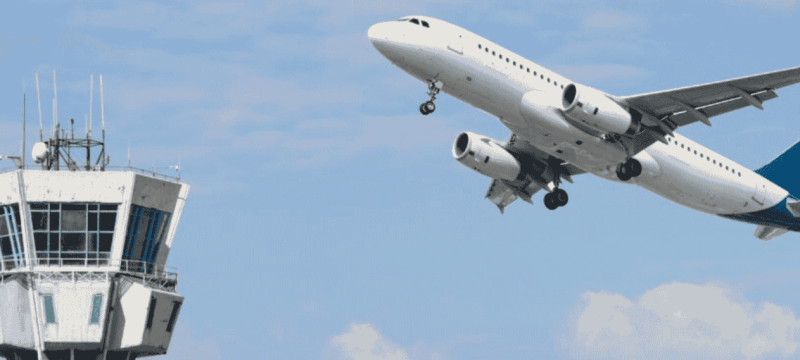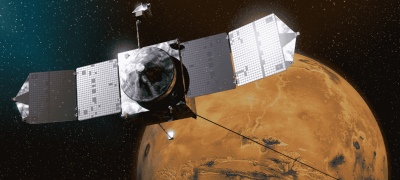The pilot immediately informed Karachi Air Traffic Control (ATC) about the GPS issue. With the support of ATC, the aircraft safely landed on Runway 25L at Karachi Airport. Aviation authorities emphasized that GPS failures can cause aircraft to deviate from their intended flight paths, potentially leading to dangerous situations.
Cybersecurity experts have raised alarms over a growing threat known as GPS “spoofing,” where false signals mislead aircraft about their actual position. These attacks can disrupt onboard navigation systems, creating confusion and operational challenges in air traffic management.
According to OPSGROUP, incidents of GPS spoofing have increased by 400% in recent years, particularly near conflict zones. While many attacks target drones or missiles using ground-based systems, commercial aircraft are increasingly affected, including flights passing through sensitive areas like Karachi airspace.
GPS spoofing works by transmitting counterfeit signals to an aircraft’s navigation system, making it believe it is in a different location. Although such attacks may not directly cause crashes, they can create significant navigational errors and complicate safe landings, especially under high-traffic conditions.
Aviation authorities are now reviewing protocols for aircraft entering Karachi airspace and reinforcing monitoring measures to detect GPS anomalies. Pilots are also being advised to remain vigilant and rely on alternative navigation methods when flying in areas prone to GPS interference.
Experts say that as cyber threats continue to evolve, airports and airlines must strengthen cybersecurity measures to safeguard navigation systems and ensure the safety of passengers.
In other news read more about: Spanish Company Launches Lunar Navigation System with GPS on the Moon







